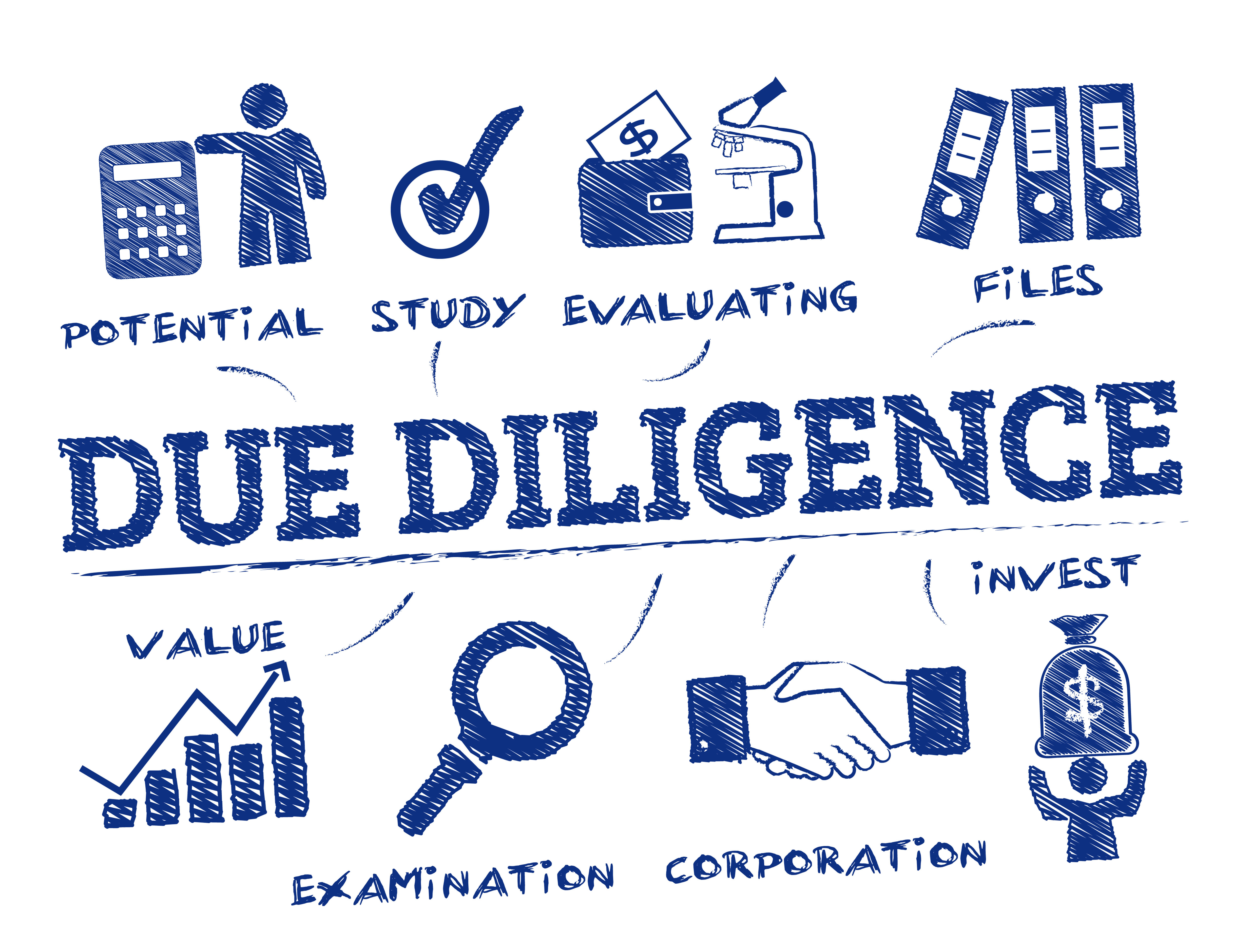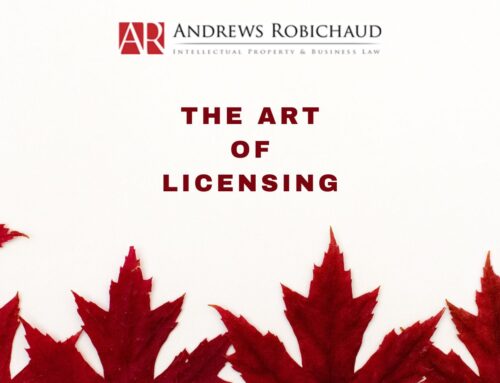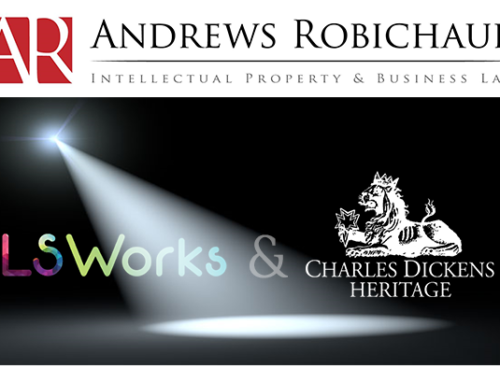In my previous article I referenced the fact that a company (an “issuer”) seeking to raise money without a broker could rely on the private issuer exemption by issuing shares to certain categories of shareholders, such as family members and close personal friends or business associates. However, what happens when you encounter a potential individual investor that falls outside those categories of shareholders and that holds him or herself out as an angel accredited investor? Do you simply rely on that statement or do you have an obligation to dig more deeply?
In this type of scenario your starting point in any event would be to ensure that the angel investor has made a representation, if not a warranty, in the subscription agreement that he or she has conducted a proper self-certification and has a met the test to qualify as an accredited investor (“AI”). However, to avoid any potential regulatory issues or civil litigation should an angel seek to recover the investment prematurely on the basis that your company could not have legally relied on the exemption that it did, since the investor was not, in fact, an AI (despite the self-certification to the contrary), additional steps may be necessary. Case law in various provinces across Canada suggests that issuers must have a reasonable belief that the facts are true and the legal requirements for use of an exemption have been met. Effectively the test of reasonableness means that blind faith reliance may not be enough. Any issuer must do a reasonable amount of due diligence on the investor, as well. For that purpose an issuer of securities should understand the definition of an Accredited Investor. In Canada an individual may qualify as an AI if he or she meets one of the following three financial tests: (1) the Financial Asset Test; (2) the Net Asset Test; or (3) the Income Test.
(1)The Financial Asset Test.
To qualify the individual must alone or with a spouse, beneficially own financial assets having an aggregate realizable value of $1 million (before taxes and net of any related liabilities). This test excludes real property such as a personal residence.
(2) The Net Asset Test.
To qualify the individual (jointly with a spouse, if any) must have net assets of at least $5 million. This determination is made by taking the total amount of the individual’s asset and subtracting the individual’s liabilities. In this test one can include the value of a primary residence less any outstanding mortgage amounts.
(3) The Income Test.
To qualify under this test the individual must have net income before taxes that exceeds $200,000 in each of the two most recent calendar years, or jointly with a spouse, net income before taxes that exceeds $300,000 in each of the two most recent calendar years, provided they also reasonably expect to exceed that net income level in the year of the investment.
Although it may be a presumptuous step, as an issuer in the context of a private placement without a broker, may seek to ensure that the angel investor meets the AI test by requesting that the angel investor obtain independent verification of his certification through an accountant or securities advisor.
Another approach may be to have the potential investor complete the type of questionnaire that an exempt market dealer may use as part of their obligation to “Know Your Client” (KYC). While the KYC obligation is not legally mandated by the Ontario Securities Commission (“OSC”) for issuers, verifying the AI status of your angel in this manner could put issuers in the position of having met their reasonable belief requirement so as to avoid any post investment headaches should things not go well.







Leave A Comment